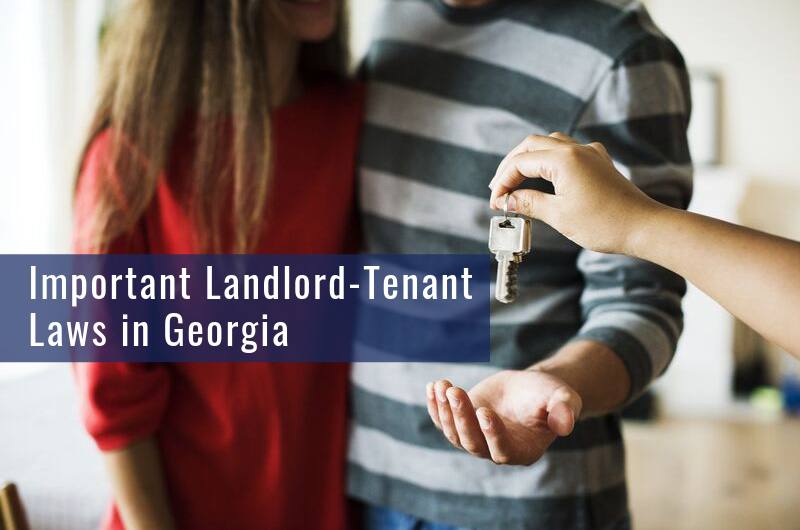Select login option:
 As a landlord, you’re responsible for being aware of any landlord-tenant laws in your state before anyone signs a lease; otherwise, you risk experiencing an altercation at some point in the renting process. If you’re aware of the laws, however, you can easily alleviate this worry. In this article, we’ll focus on a few of the most important landlord-tenant laws in Georgia.
As a landlord, you’re responsible for being aware of any landlord-tenant laws in your state before anyone signs a lease; otherwise, you risk experiencing an altercation at some point in the renting process. If you’re aware of the laws, however, you can easily alleviate this worry. In this article, we’ll focus on a few of the most important landlord-tenant laws in Georgia.
1111 Alderman Dr.
Suite 270
Alpharetta, GA 30005
Toll Free: 877-381-3800
Tel: 678-825-0500
Fax: 678-825-1401